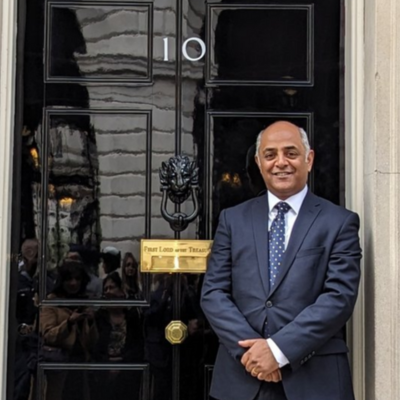Equity, Diversity & Inclusion
Our EDI in action
- The BNA Scholars Programme.
- Proud signatory of the Declaration of Equity and Inclusion from the ALBA network. The BNA is part of an international community committed to equal opportunities and non-discriminatory procedures and practices.
- Active commitment to embodying our EDI through our policy and procedures. Read the full policy.
- Thanks to funding from Guarantors of Brain, our Carers Grant supports BNA Members with caring responsibilities to attend neuroscience events.

